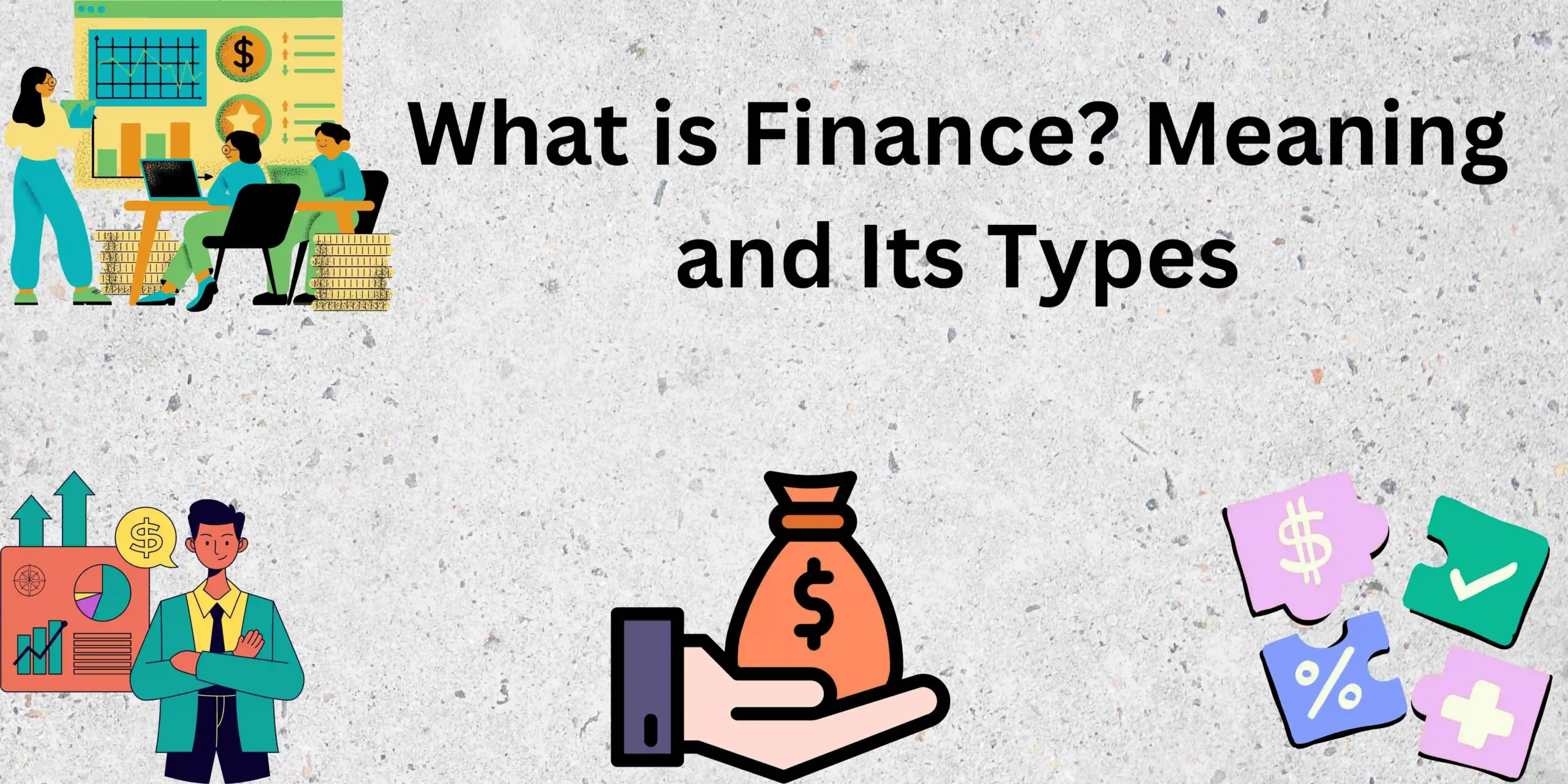The Rise of Cyber Insurance: Why It’s Becoming Essential for Individuals and Businesses
In today’s world, where almost everything is online – shopping, banking, working, and socialization – the risks we encounter with cyber threats are greater than ever. Enter cyber insurance, a type of protection designed to shield individuals and businesses from the financial collapse of cyber insurance, data violations, and other digital threats. But what is cyber insurance really, and why is it something that we cannot ignore? In this blog, we will find out the rise of cyber insurance, break whatever it covers, and explain why it is necessary for both individuals and businesses in simple, easy-to-understand words.
What is Cyber Insurance?
Imagine cyber insurance as a security trap for the digital world. Such as car insurance helps pay for repair after an accident or health insurance, including medical bills, to handle cyber insurance steps to handle the costs associated with cyber insurance. For individuals, it can cover things such as identity theft or online scam. For businesses, this can protect from big issues such as data violations or ransomware attacks. In short, cyber insurance is to help you recover financially when something goes on online. This is a relatively new type of insurance because cyber threat is a modern problem – one that is growing rapidly because we rely more on technology.
A cyber insurance policy usually involves:
- Data breaches: Compensation for legal fees, notification costs, and credit monitoring for affected customers.
- Ransomware attacks: Assistance in negotiating with cybercriminals and covering the cost of ransom payments.
- Business interruption: Financial support if a cyberattack disrupts business operations.
- Legal expenses: Coverage for lawsuits and regulatory fines related to cyber incidents.
- Reputation management: Help with PR efforts and crisis management after a cyberattack.
Cyber insurance acts as a safety net, ensuring that businesses and individuals can recover quickly from cyber threats without suffering huge financial losses.
Why is Cyber Insurance Required?
So why is cyber insurance suddenly a big deal? The answer lies in three major reasons: more cyber threats, high costs, and intervals in traditional insurance.
1. Cyber Threats are Everywhere
Cyber attacks are growing, and they are deteriorating. Hackers no longer targets big companies – they go after small businesses and even regular people. According to cyber security ventures, cyber crime is expected to cost the world to cost $ 10.5 trillion annually by 2025. This is a mind-making number! Examples of real world such as 2021 colonial pipeline ransomware attacks, which stop fuel supply in parts of America, show how serious these threats can be.
2. Cyber Attacks are Expensive
When a cyber attack occurs, the disadvantage is not just about fixing the computer. This is the chaos you have lost money and due to it. The IBM cost of the data breech report stated that the average cost of data breech in 2023 was $ 4.45 million.
This includes such things:
- Recover lost data
- Pay legal fees
- Inform customers
- Fined by regulators
- Lost business due to downtime
For a small business, that kind of hit can mean good. A study by Ponemon Institute found that 60% of small businesses closed within six months of cyber attack. For individuals, think of the cost of fixing your credit after theft of identity – it’s not cheap.
3. Traditional Insurance is not Enough
Here is a catch: Your regular insurance – such as home or general liability policies – perhaps do not cover cyber problems. Traditional insurance was designed for physical risks, such as fire or car accident, not digital such as data breech. It leaves a big difference, and cyber insurance fills it by dealing with these new, technology-related risks.
Who Needs Cyber Insurance?
Cyber Insurance is essential for a wide range of individuals and businesses, including:
- Small and Medium Enterprises (SMEs): SMEs are often targeted through hackers due to weak security features.
- Big Corporation: Large corporations take care of large quantities of customer facts and economic transactions, making them a high-value goal.
- Freelancers and remote workers: Online working people are susceptible to fishing scams, data violations and hacking efforts. E-commerce business: Online shops have customer charge information, making them appeal to cyber criminal.
- Healthcare Provider: Hospital and clinic sensitive patients keep records, making them a high target for cyber attacks.
- Financial Institutions: Bank, Funding Corporation, and various financial installations are faced with a huge amount of cash and private data.
How to Choose the Right Insurance Policy?
When selecting a cyber insurance policy, consider the following factors:
- Coverage: Make sure the policy covers specific cyber threats relevant to your business or personal activities.
- Cost: Compare various policies to find the person who fits your budget, offering adequate security.
- Policy limit: Check the maximum payment amount for different types of cyber events.
- Exclusion: Understand what is not covered by the policy to avoid surprises later.
- Claim Process: Choose an insurer with a simple and efficient claim process
Benefits and Limitations of Cyber Insurance
While cyber insurance provides significant protection, it is necessary to understand both its benefits and boundaries. Here is a look at some major points
Benefits
- Financial security: Cyber insurance acts as a financial security, covers costs associated with cyber attacks and reduces the impact of unplanned expenses.
- Expert guidance: Many policies provide access to cyber security experts that can help you manage an event, reduce damage and recovery time.
- Compliance Support: With the increase in regulatory investigation, having cyber insurance can help manage the legal and compliance-related challenges arising from data breeches.
- Increased business flexibility: For businesses, cyber insurance not only protects your finance, but also strengthens your reputation by demonstrating a commitment to protect sensitive data.
Limitations
- Policy Exclusion: Not all cyber events have been covered. Some policies may exclude some types of attacks or have limitations on coverage volumes.
- Coverage intervals: Depending on the provider, which has been covered during a violation and may be intervals between real costs. It is important to read the fine print.
- Dependence on external providers: Cyber insurance is only effective as expertise and accountability of the insurer. In rapidly growing crisis situations, delay in claim processing can sometimes be an issue.
- Cost: For a high risk profile businesses or who require extensive coverage, the cost of premium may be significant. It is important to balance comprehensive coverage with strength.
Additional Measures Beyond Cyber Insurance
- Use a strong password: Avoid easy-to-union passwords and enable two-factor authentication (2FA).
- Regular software updates: Keep software, operating systems, and safety programs updated.
- Employee Training: Educate employees about phishing attacks and safe online practices.
- Data Encryption: Encrypt sensitive data to prevent unauthorized access.
- Regular backup: Maintain safe backup of important data to reduce the loss in terms of cyber attack.
- Install antivirus software: Use reliable antivirus and anti-malware software to protect them from dangers.
The Future of Cyber Insurance
The cyber insurance market is still young, but it is growing rapidly. As cyber threats are complicated, also understand-managed attacks or Deepfek scams-cyber insurance. More insurers are jumping in, offering plans to suit specific requirements, such as protecting smart homes or e-commerce sites. But here is an important point: cyber insurance is not a fixed-all. It works best with good habits – such as updating software, using strong passwords, and training employees. Together, they create a solid defense against cyber risks.
Also Read:
Understanding Your Insurance Policy
How to get started in Personal finance as a beginner?
Conclusion
Technology drives our world, and cyber threats are only growing. By 2025, cybercrime is expected to cause $10.5 trillion in damages, making cyber insurance essential, not optional. It protects individuals from identity theft and helps businesses recover from attacks. By providing financial support, promoting smart cybersecurity, and covering gaps left by traditional insurance, cyber insurance is a must-have in the digital age. Don’t wait—secure a policy that fits your needs before it’s too late.







